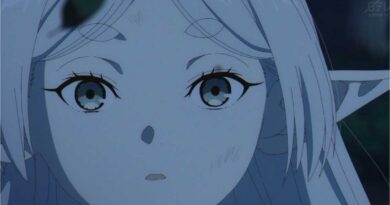Japanese publisher D3P opened a panel do discuss the failure of its own game
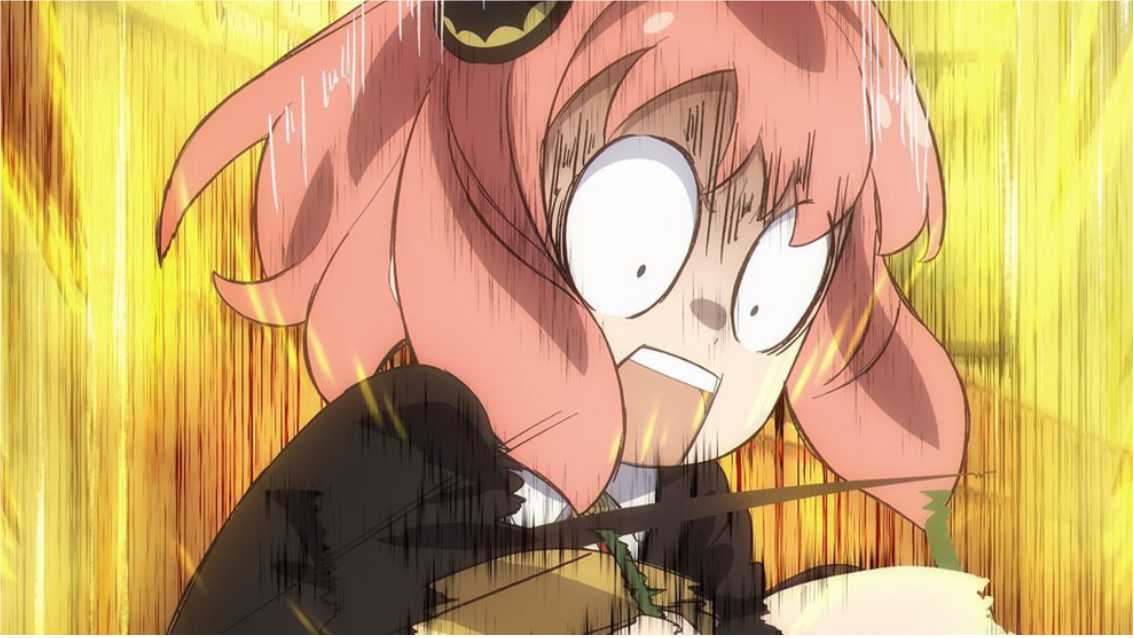
It happened during the Tokyo Game Show 2023, the Japanese publisher D3P has a game called ED-0: Zombie Uprising, it turns out that this game was a complete failure and, with that, they opened a panel to discuss the failure of their own game!
The panel featured key members of the industry who gave their opinions regarding the game’s failure. They talked about everything, title, mechanics, even the brand and marketing.
ED-0: Zombie Uprising is a roque-like action game released in July 2023, after a 15-month early access period. The company revealed that the game has only sold a little over 13,000 copies worldwide so far.
Japanese publisher D3P opened a panel do discuss the failure of its own game
To talk about the poor performance of the game from Japanese publisher D3P, the panel featured Bandai Namco game director Katsuhiro Harada, CyberConnect2 CEO Hiroshi Matsuyama and Famitsu editor-in-chief Katsuhiko Hayashi. No D3P employees participated in the discussion.
The discussion about the game’s failure revolved around three causes why the game failed to sell, they are: low quality, bad concept and low recognition/reach.
Harada began his argument by admitting that although he had received a physical copy of the game as a gift, he hadn’t had time to actually play it, mentioning that he kind of understood why the game was doing poorly as soon as he picked up the package in his hands. hands”.
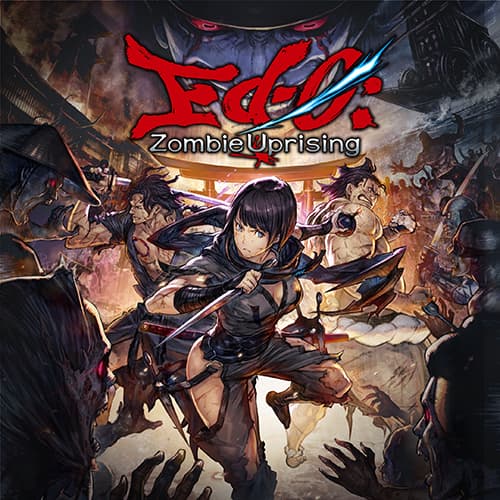
The game emphasizes its difficulty in ”be ready to use your brain” and similar phrases, which Harada describes as ”not similar to D3P”, and the panel agrees that D30 is known for games that you play whenever you want. relieving stress rather than experiencing it, so this creates a gap in expectations and reality at first.
They also mention points such as the game’s title being confusing in the way ”Edo Zero: Zombie Uprising” is pronounced and both the title and box art not being impactful enough to convey what the game is about.
Harada comments that the game’s main visuals seem to suggest an ”invincible” style of play, where you go through opponents one after another, but that watching the actual gameplay reveals that it is much more difficult and nothing like imagined. Which is probably another aspect that betrays players’ expectations.
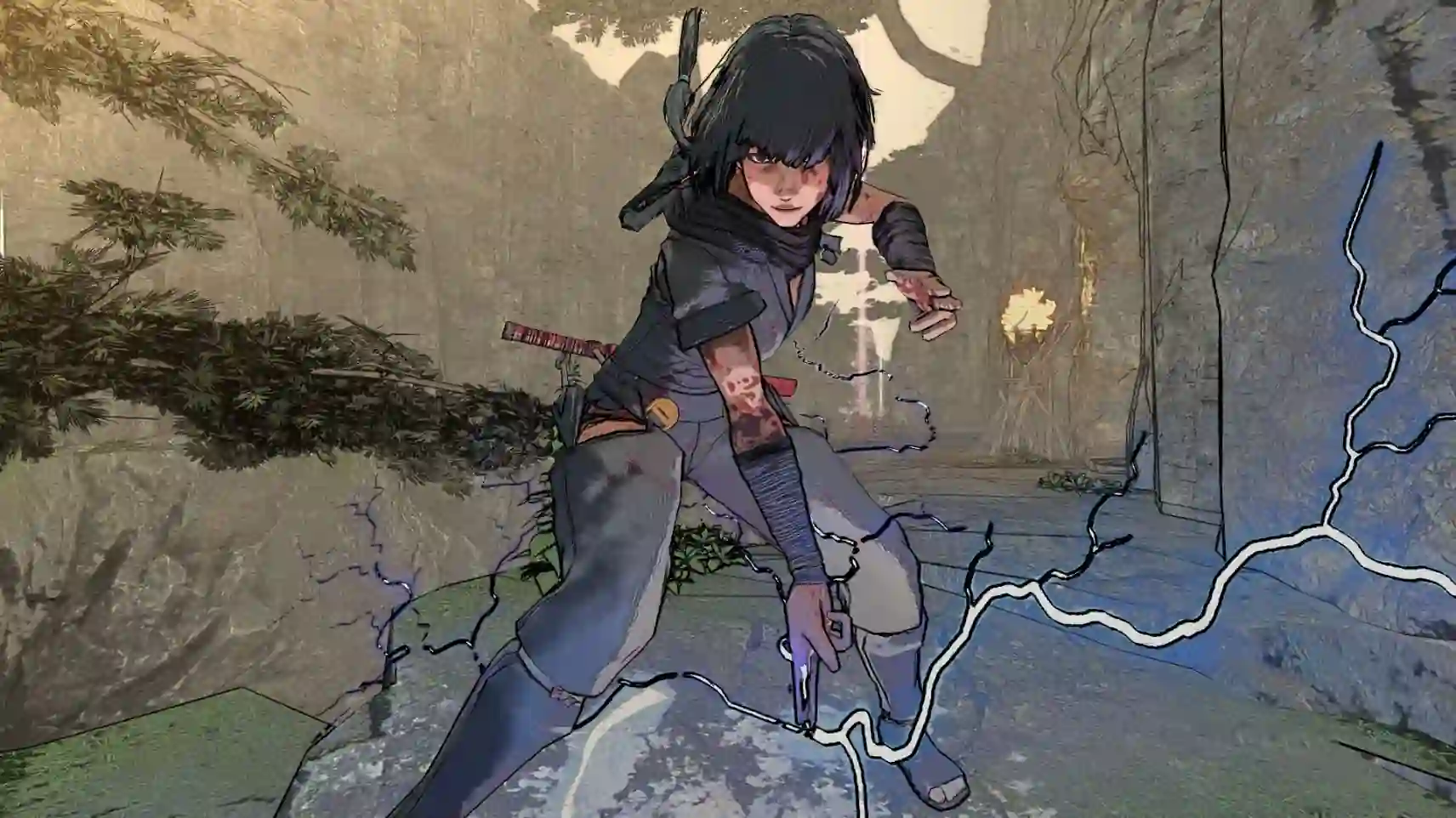
Harada also highlights the game’s insufficient reach and recognition, which he attributes to insufficient and/or mistaken marketing. Harada says you have to use whatever means necessary to get the game into people’s hands and get them to play it, which the game barely managed to accomplish.
The 15-month early access to the game is judged by Harada to be a mistake, as normally the early access period would be used to gradually create buzz and guide the game towards its target audience.
But as Japanese publisher D3P did not have enough budget for this type of marketing strategy, they would have benefited much more from a sudden launch announcement, creating mystery and impact, in addition to counting on foreign media coverage.
Matsuyama comments that although the game was planned to predominantly target Western audiences, half of the total sales were domestic, which clearly indicates that the game’s name simply couldn’t get there.
Matsuyama also mentions the game’s technical aspects as part of the problem, emphasizing the game’s lack of action elements and remaining errors in keyboard mapping.
He particularly comments on how the triangle button is assigned to pick up and throw objects at the same time, and asks how it is that a bug that can be noticed in the first 15 minutes of gameplay has not been fixed during 15 months of gameplay.
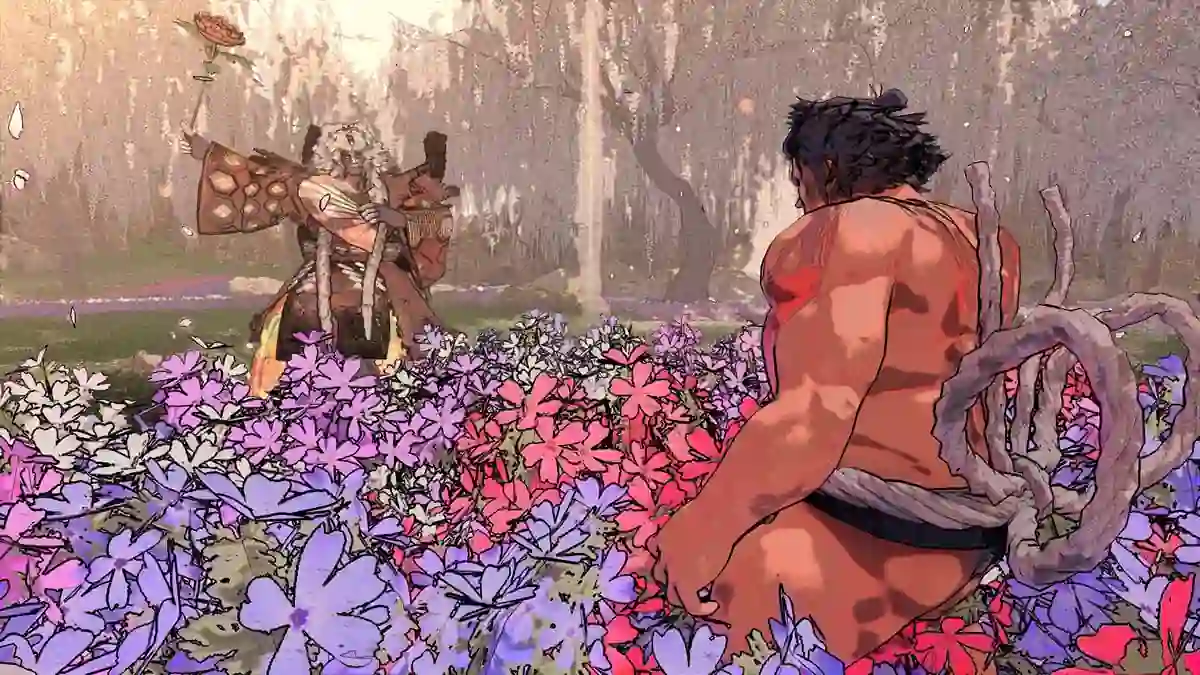
Harada comments that the power of marketing has a decisive effect on performance. And that with the inconceivably large number of new titles being created in recent times, games are no longer being sold based solely on how good/bad their content is, with a plethora of games, many of them poorly reviewed, selling entirely thanks to brand/marketing power.



